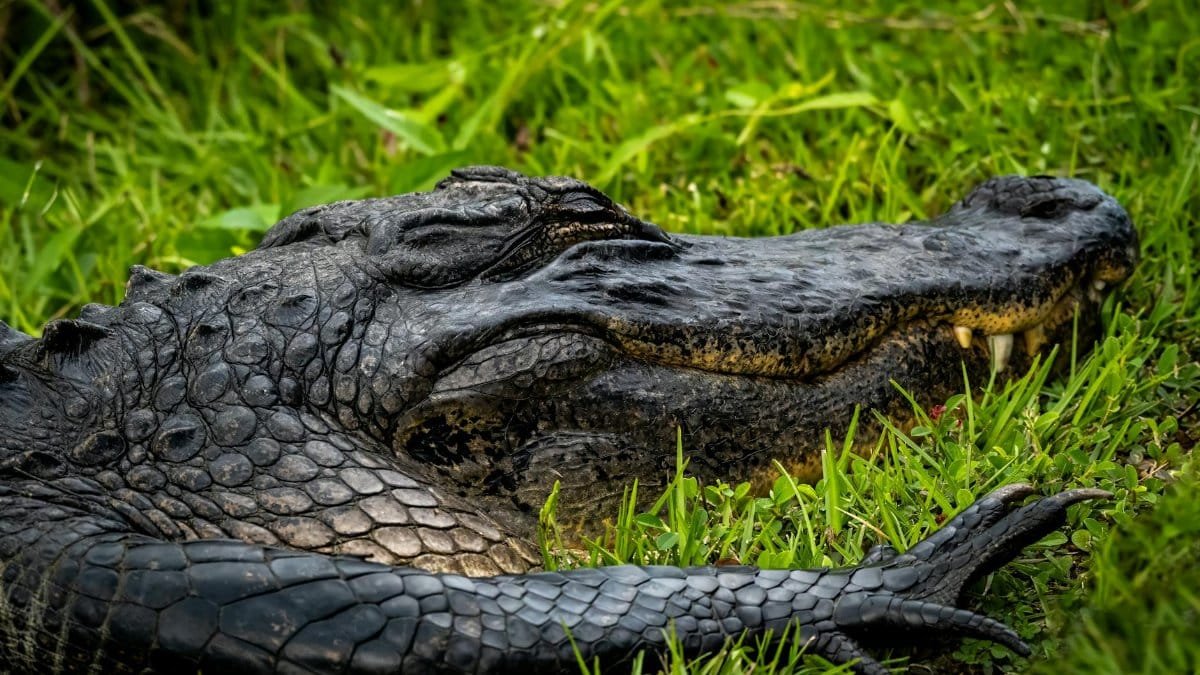Is ancestral trauma the hidden force shaping your life? Simply put, ancestral trauma refers to the emotional and psychological wounds passed down through generations, often manifesting as anxiety, depression, or physical ailments. Experts say these inherited burdens can live in your body, influencing how you react to stress or even perceive the world. With growing interest in 2025, more Americans are turning to therapy and holistic practices to uncover and heal these deep-rooted pains. The question is: can confronting the past truly set you free?
What Is Ancestral Trauma?
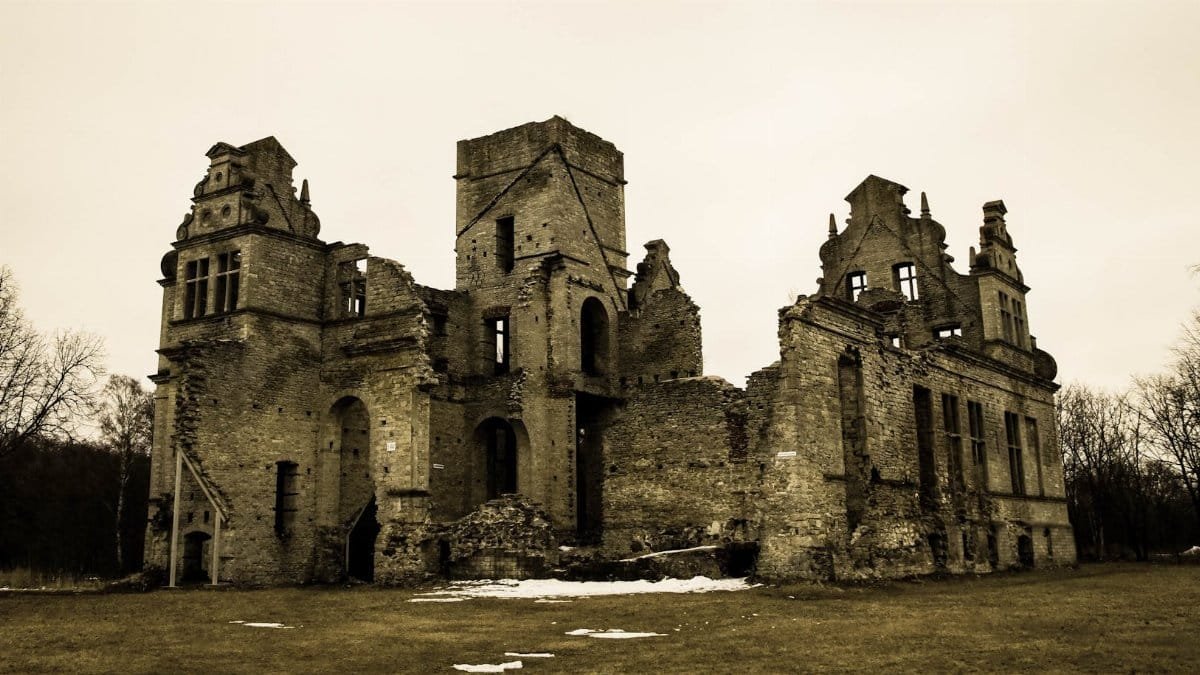
Ancestral trauma is the theory that unresolved pain, grief, or stress from past generations can be transmitted to descendants. This isn’t just a spiritual concept—science backs it up through epigenetics, the study of how trauma can alter gene expression. Research from institutions like the National Institutes of Health shows that traumatic experiences can leave biological markers passed down through DNA. Think of it as a family heirloom, but instead of a necklace, it’s a predisposition to fear or hypervigilance.
How It Affects Your Body
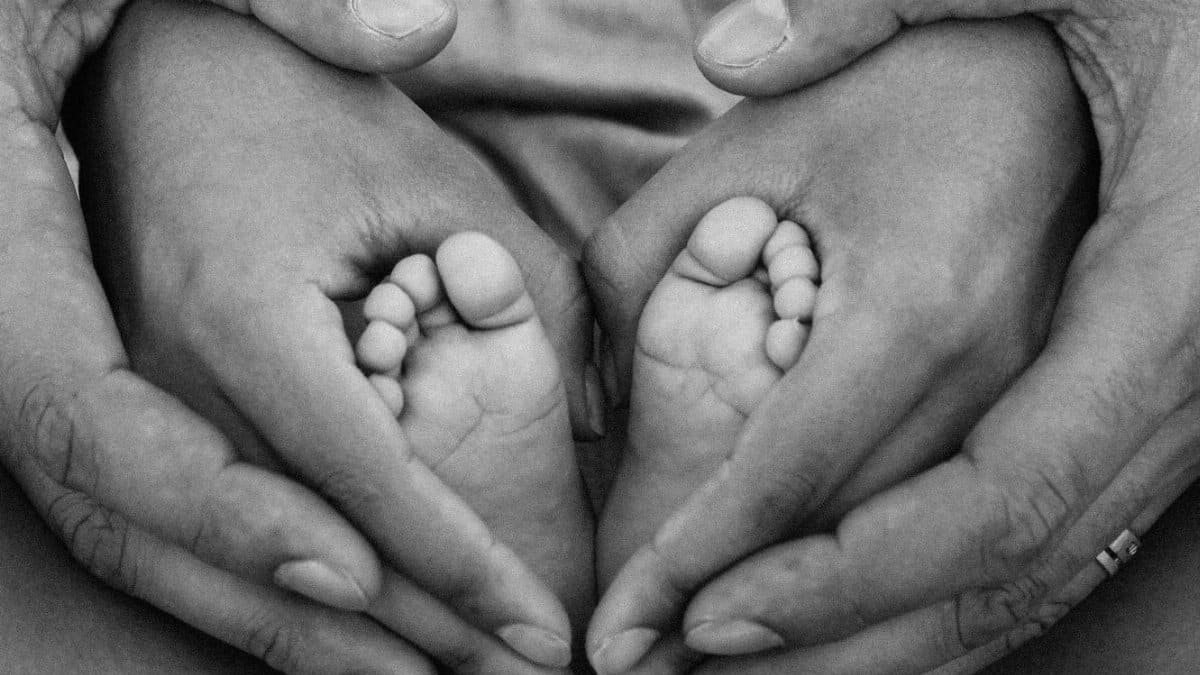
Your body might be carrying the weight of your ancestors’ struggles. Studies suggest that ancestral trauma can manifest as chronic pain, fatigue, or even heart issues, often without a clear medical cause. Stress hormones like cortisol, heightened by inherited trauma, play a role. A report by American Psychological Association highlights how generational stress impacts physical health, showing why some families seem to “inherit” certain ailments. It’s not just in your head—it’s in your cells.
Signs You Might Be Carrying It
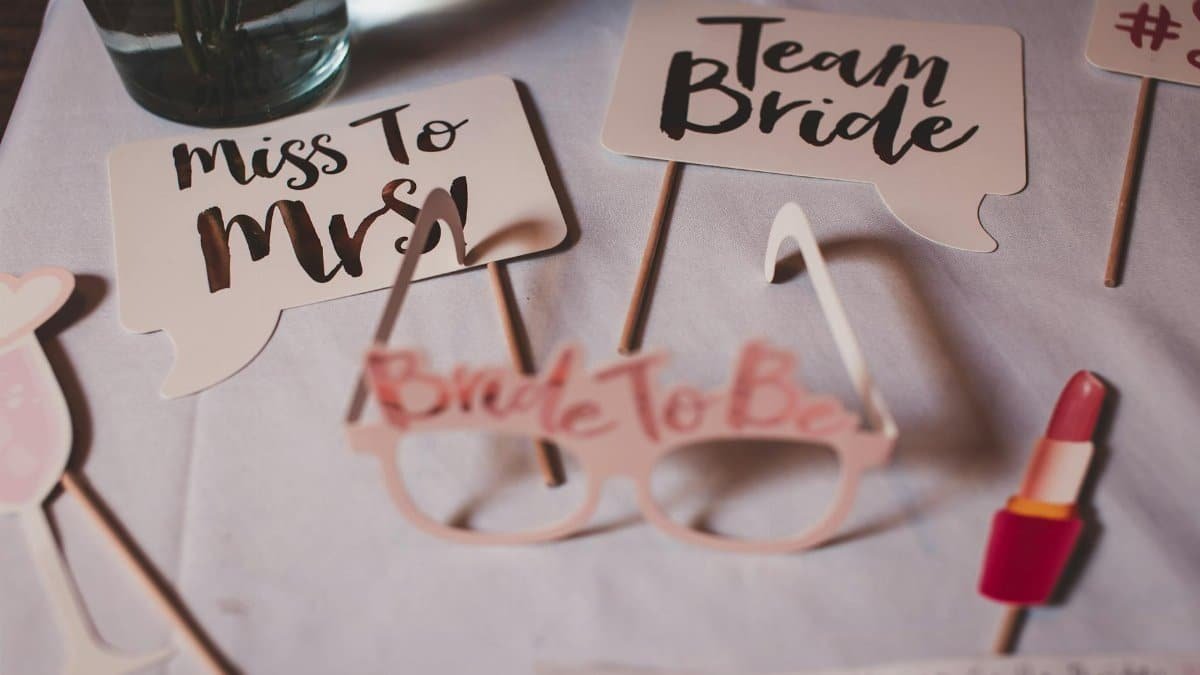
How do you know if ancestral trauma is at play? Common signs include unexplained anxiety, recurring nightmares, or a deep sense of grief without a personal trigger. You might feel disconnected from family history yet burdened by it. Therapists note that patterns like addiction or relationship struggles often repeat across generations. If you’re nodding along, it might be time to dig into your lineage for answers.
Why It’s Gaining Attention in 2025

The conversation around ancestral trauma is exploding this year. Social media platforms are flooded with stories of people tracing their family histories to heal old wounds. Therapists report a surge in clients seeking generational healing, spurred by a cultural shift toward mindfulness and root work. In the U.S., communities of color especially are reclaiming ancestral practices to address systemic traumas like slavery or displacement. The push for understanding is louder than ever.
Healing Through Awareness
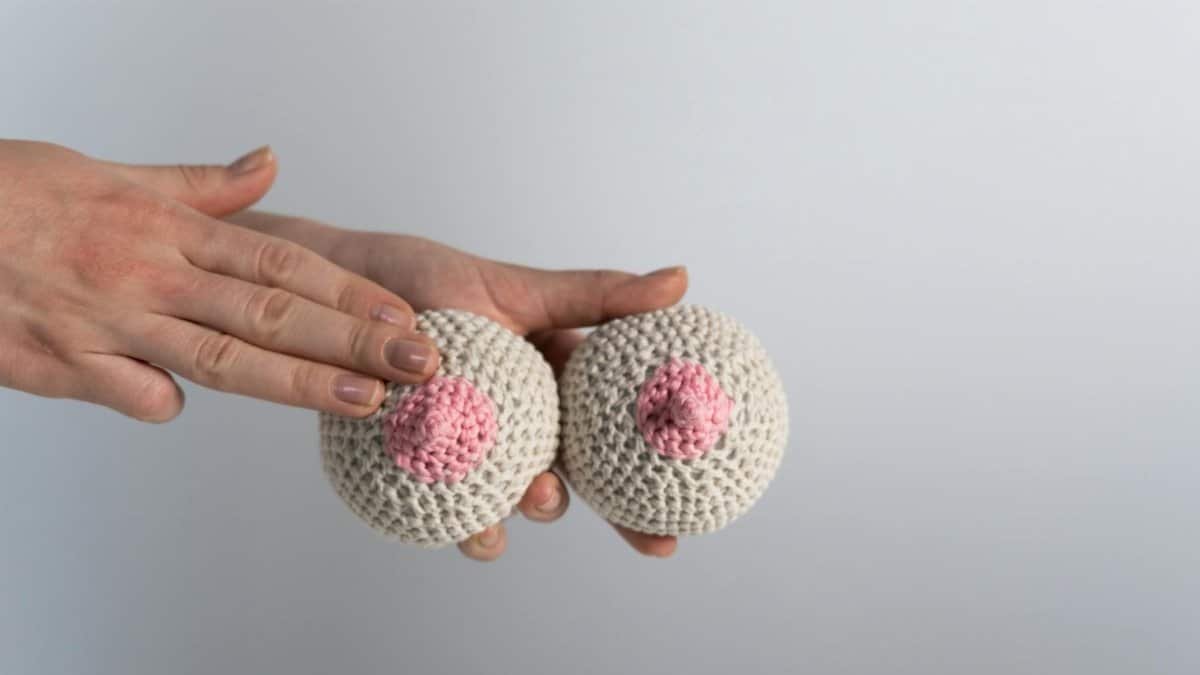
Healing starts with acknowledgment. Therapists often use techniques like family constellation therapy to map out inherited patterns. Others turn to journaling or meditation to process emotions tied to the past. The goal isn’t to blame ancestors but to release their pain. Small steps, like learning family stories or speaking with elders, can reveal hidden burdens and help break the cycle for future generations.
Can You Really Break Free?

Skeptics question if ancestral trauma is just a buzzword, but many who’ve done the work swear by its impact. Healing isn’t a quick fix—it’s a journey of unraveling layers. Whether through therapy, spiritual rituals, or simply talking about the past, confronting these inherited wounds can bring clarity. The science is still evolving, but for now, the personal stories of relief and release keep the conversation alive.
